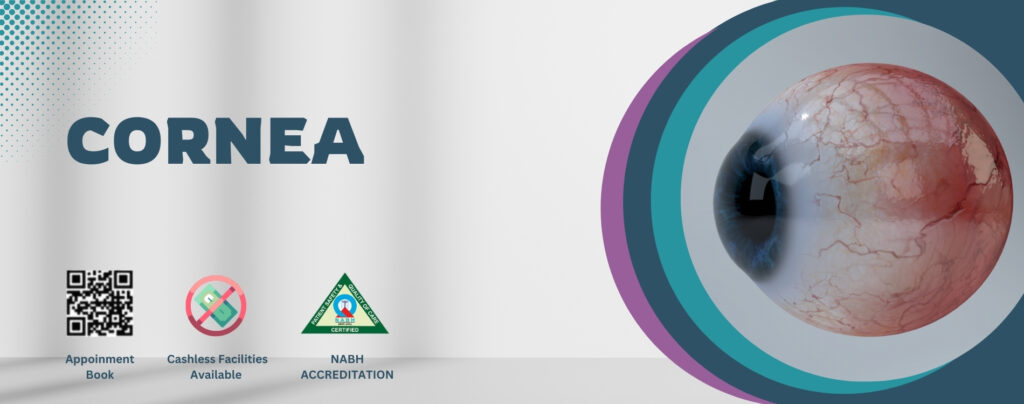DRY EYE SYNDROME:
Dry eyes can result either from a reduced tear production from the tear glands or excessive evaporation of the tears from the eye. Inflammation of the eyelids (blepharitis) or prolonged exposure of the eyes to dry, cool surroundings, is the most common culprit. It is also seen in the elderly, with history of diabetes, arthritis, and those on certain long term medications. Most of the patients with “Dry eyes” complain of burning, stinging, itching, gritty sensation in the eyes, dryness, soreness, heaviness of the lids, light sensitivity and/or “tiredness of the eyes”. Symptoms are often worse at the end of the day and can be aggravated by certain activities (e.g. reading, watching television, and working on the computer) and certain surroundings (e.g. airplane cabins, air conditioned rooms, smoky rooms.) Treatment of dry eye involves multiple modalities including lubricants, tear stimulation, punctual occlusion etc.



